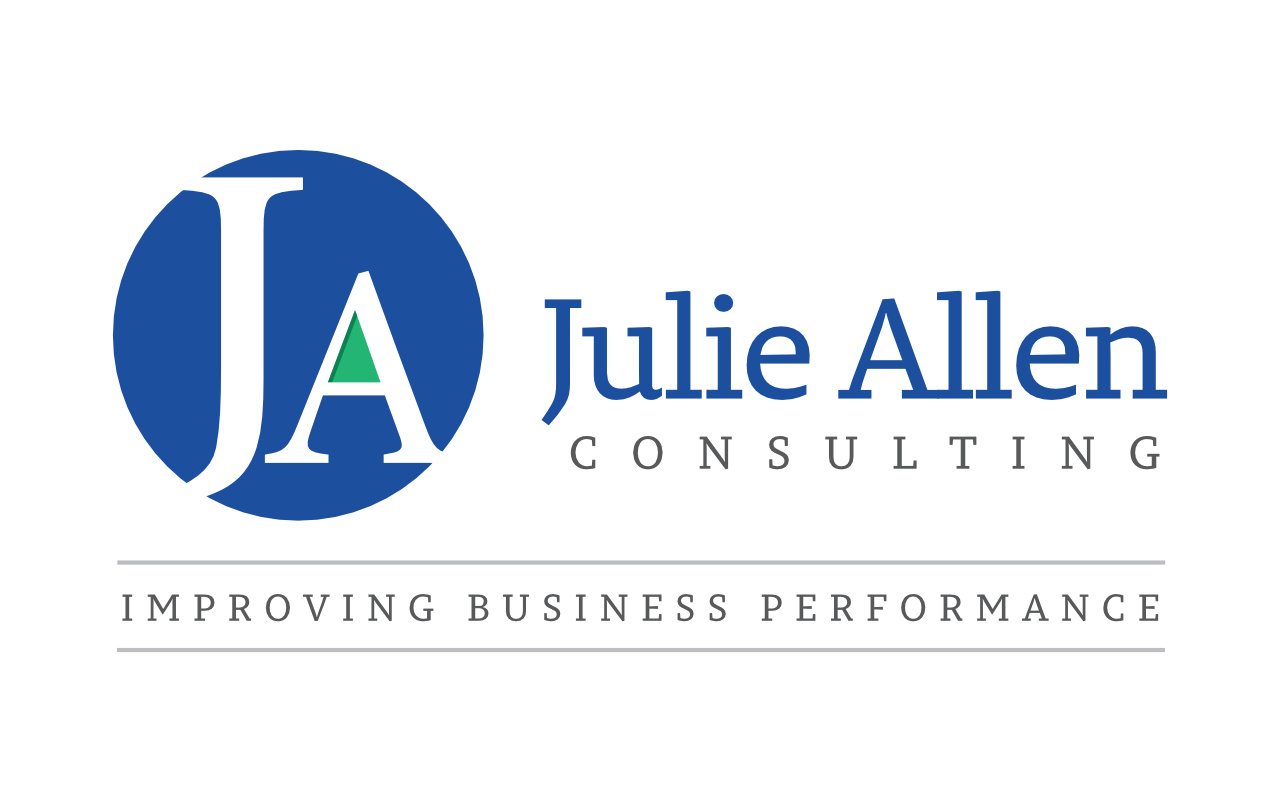An Introduction to Psychological Flexibility for HR Professionals
The Challenge for HR Professionals
Some of the key challenges are:
Wellbeing: Gallup’s State of the Global Workplace 2023 Report found that 44% of the global workforce are experiencing stress and 21% are experiencing anger.
Engagement and satisfaction: The same report found that 59% of the global workforce are quiet quitting and 51% are intent on leaving.
Lack of Trust: A 2022 survey found that just 1 in 4 say their HR leader is widely trusted as one who cares about the needs of employees.
Talent Shortage: Consultancy firm Korn Ferry predicted that by 2030 there would be a global talent shortage of over 85m.
Considering these challenges HR professionals would benefit from learning how to better understand their emotions and their response to these, so they can be decisive, innovative, and resilient. In addition, as HR professionals interact with individuals who are stressed and angry it would be beneficial to have a simple tool to share that enables safe and peaceful conversations to help them get unstuck.
What is Psychological Flexibility?
An individual’s ability to behave in a way that brings satisfaction, even when uncomfortable thoughts or feelings (such as stress and anger) are showing up.
What are the benefits of psychological flexibility?
Research shows that psychological flexibility is the single most important skill for our mental health and emotional well-being. It can also:
Improve performance & productivity
Increase satisfaction & motivation
Reduce work stress & burnout
Increase innovation & problem-solving
Improving Psychological Flexibility
Psychological flexibility can be improved using Acceptance and Commitment Training or Therapy (ACT). ACT was developed in 1986 by Professor Steve Hayes and has its roots in Relational Frame Theory (RFT) and Cognitive Behaviour Science (CBS).
ACT has been used as a workplace development programme since its first trial in 2000. A recent study for improving the psychological distress of healthcare staff showed that “a 4-session ACT training programme was an effective intervention for improving psychological distress in HCPs working within the NHS, including GPs, nurses, and managers…. Reliable and clinically significant changes were found in 46% of the participants receiving the intervention.”
In 2008, Dr Kevin Polk created the ACT Matrix by simplifying the 6 core process ACT model. The sole purpose of the ACT Matrix is to improve psychological flexibility.
When working with individuals psychological flexibility specialists work from a respectful, compassionate, and non-judgemental perspective. We focus on helping an individual understand the answers to 4 key questions:
Who and what is important to me?
What unwanted stuff is showing up?
What do I want to do to get relief from the unwanted stuff?
What could I do that would bring me satisfaction in my approach to who and what is important?
To watch the recording of this 30-minute webinar click the picture below.
Do you need further help?
I help improve psychological flexibility through webinars, coaching, workshops and leadership development.
If this sounds like something that is of interest to you I offer a complimentary call to discuss your requirements and how we might work together.
An Introduction to psychological Flexibility for HR Professionals
